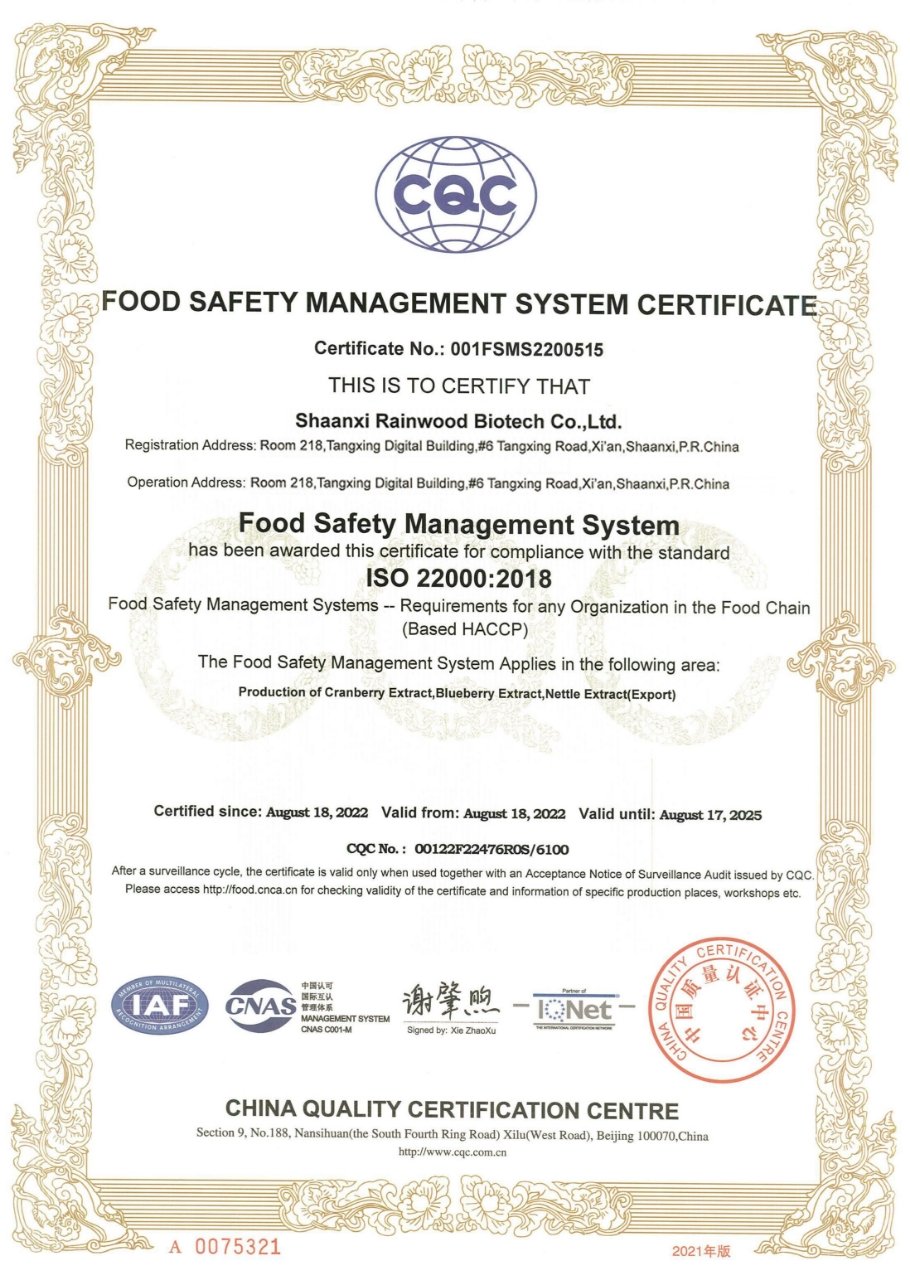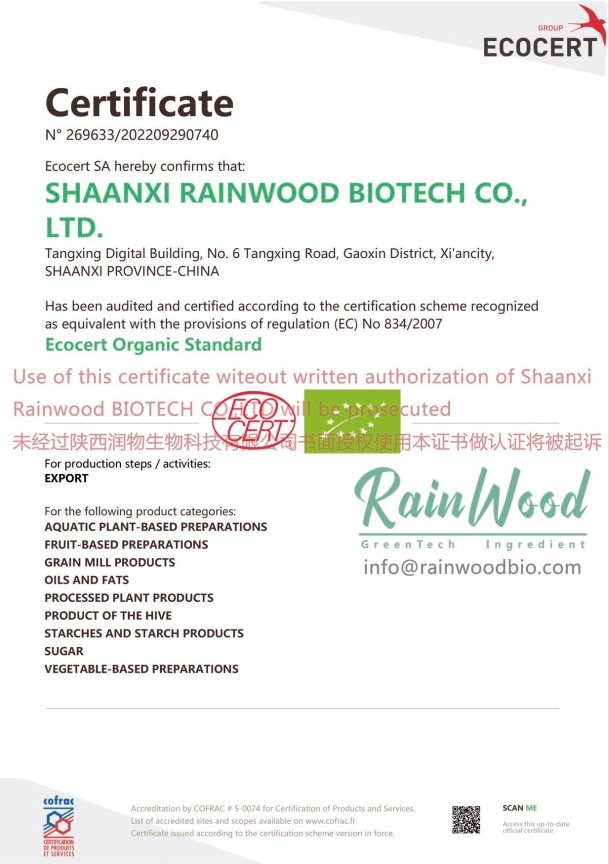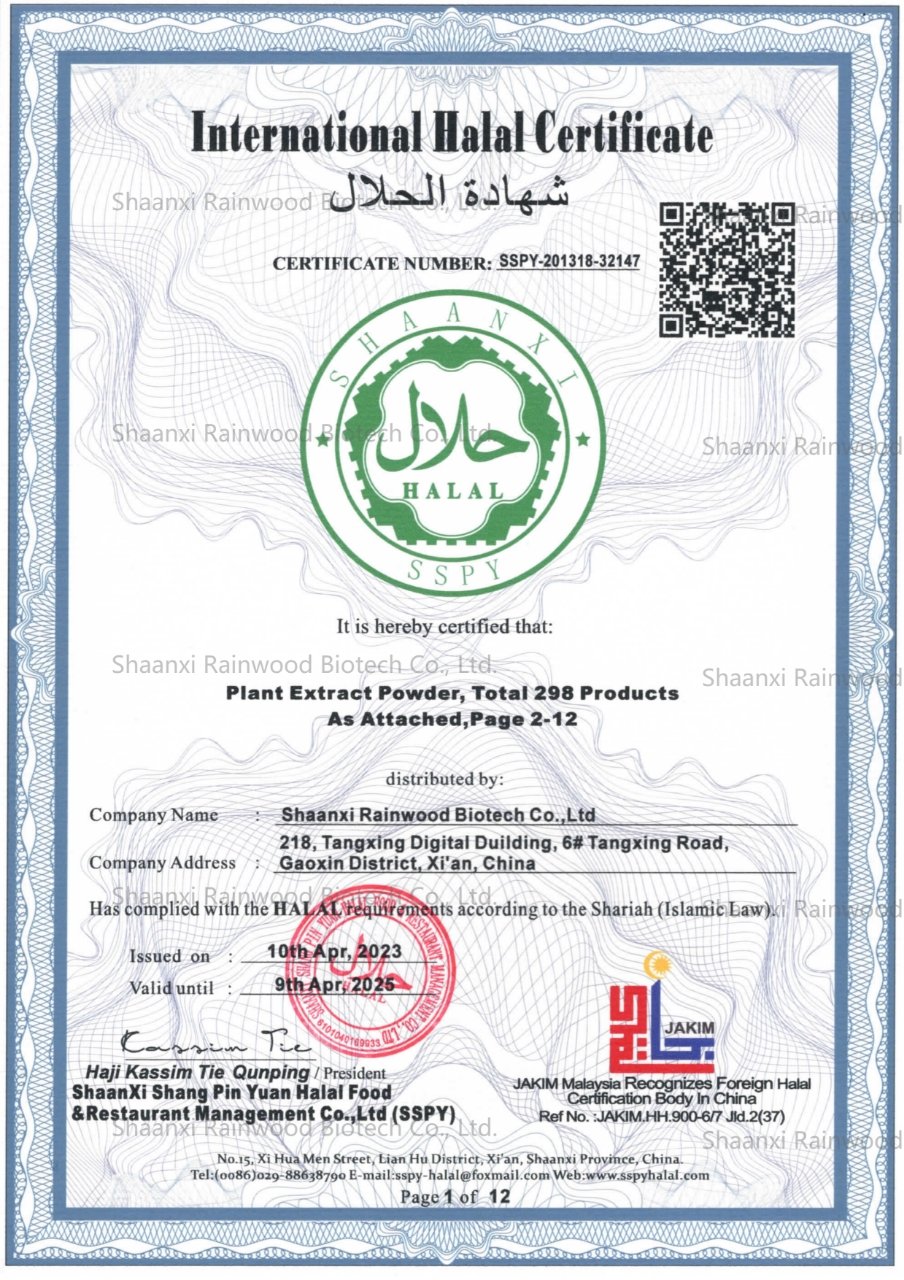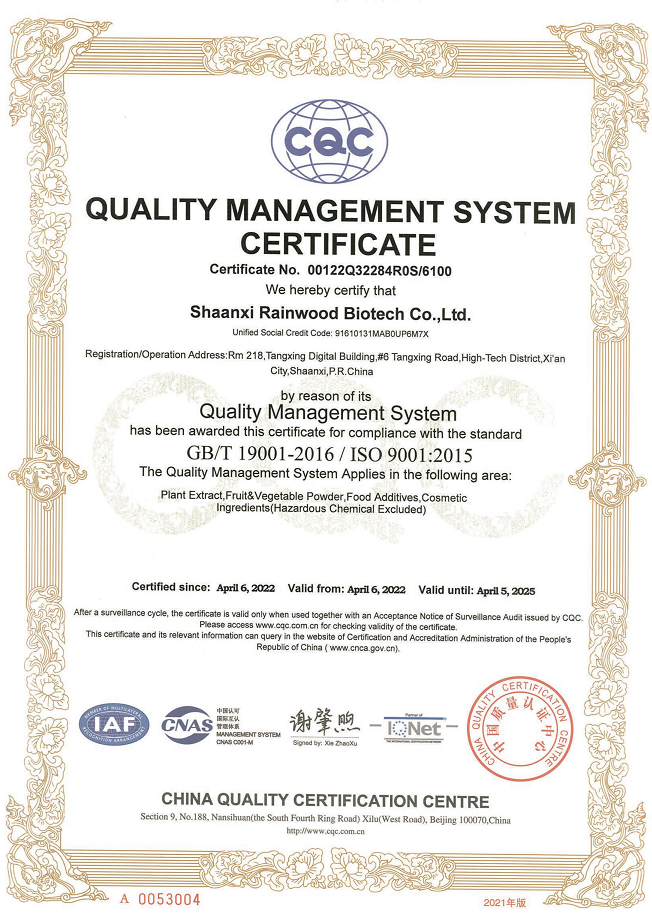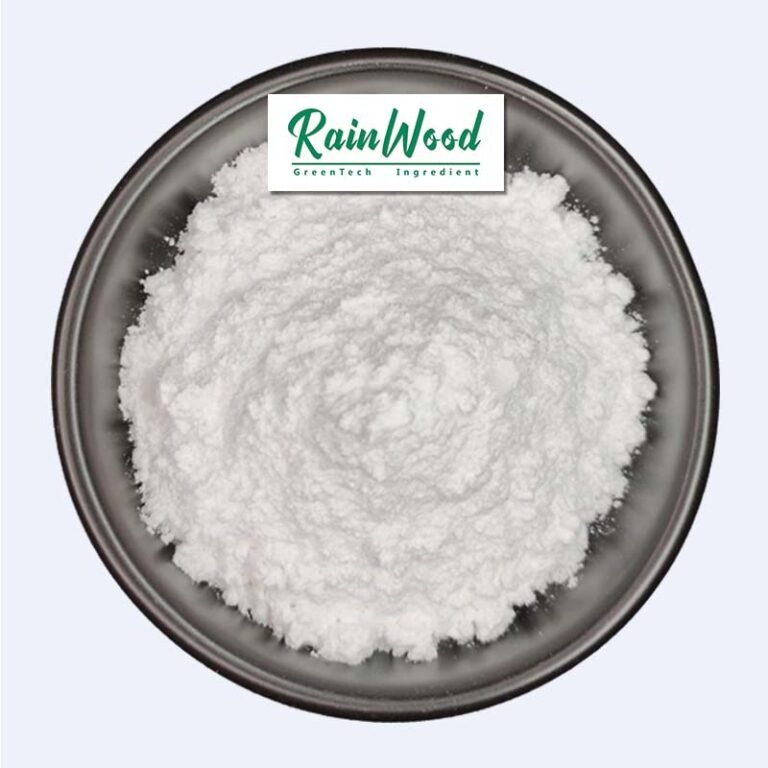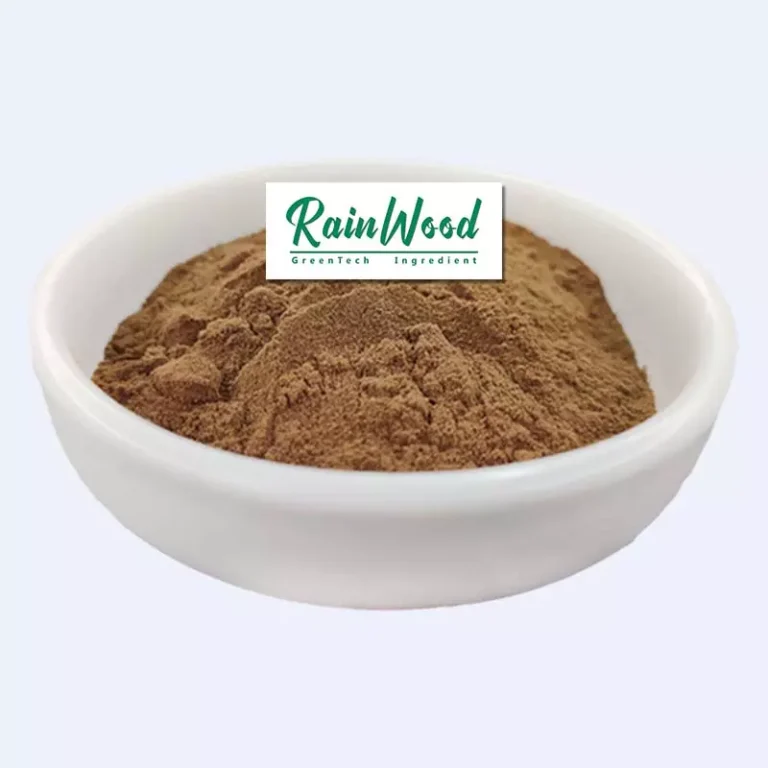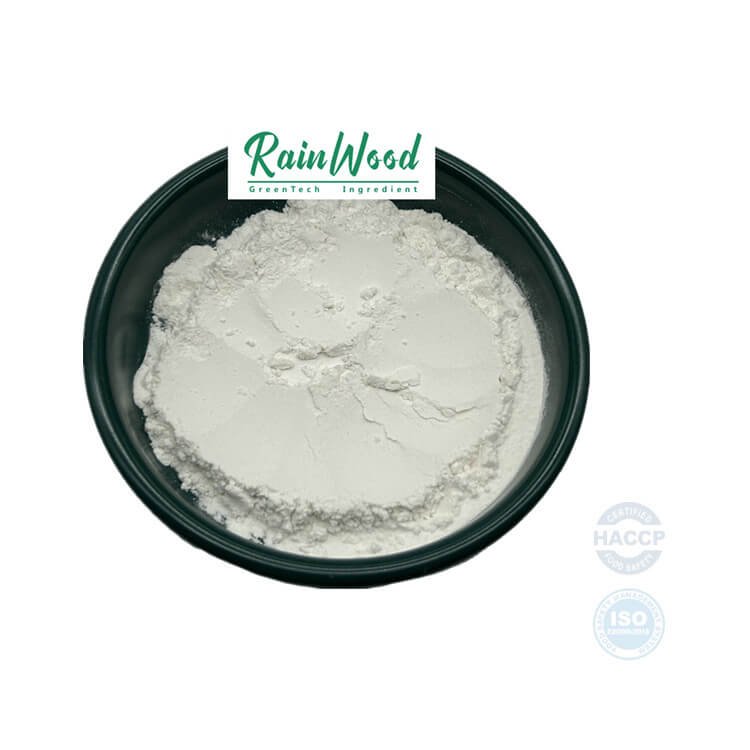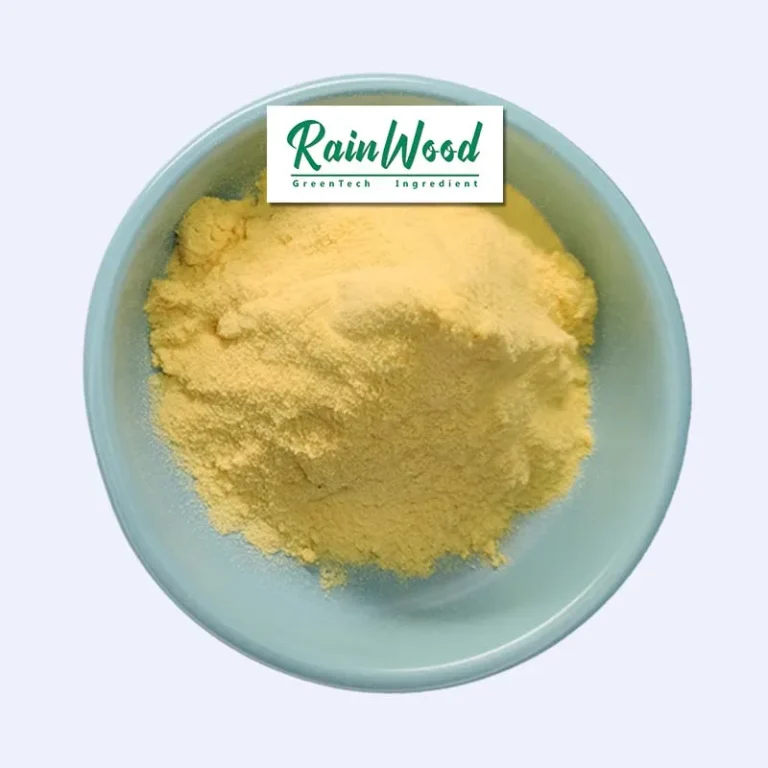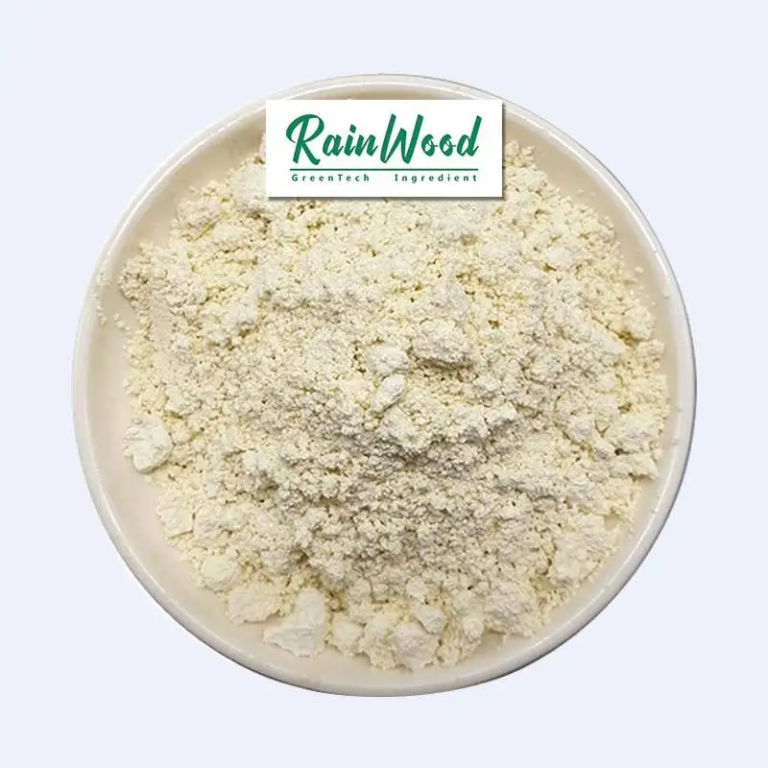Phosphatidylcholine is a type of phospholipid that is a major component of cell membranes. It is composed of a glycerol backbone, two fatty acid chains, a phosphate group, and a choline molecule. Phosphatidylcholine is essential for the structure and function of cell membranes, as it helps maintain their integrity and fluidity.
In addition to its role in cell membranes, phosphatidylcholine also serves as a precursor for the synthesis of the neurotransmitter acetylcholine, which is involved in various cognitive functions. It is also involved in the transport of lipids in the bloodstream and plays a role in liver function and fat metabolism.
Phosphatidylcholine can be obtained from dietary sources such as eggs, soybeans, and sunflower seeds. It is also available as a dietary supplement and is sometimes used for its potential health benefits, including liver support, brain function, and cardiovascular health.









